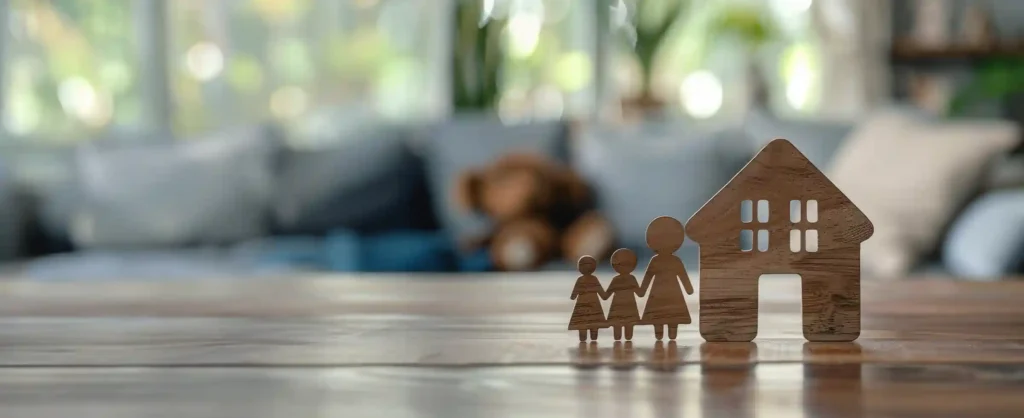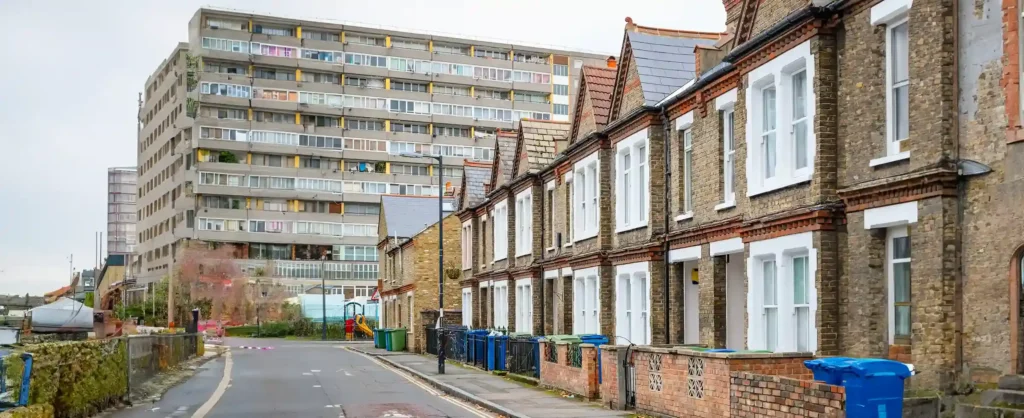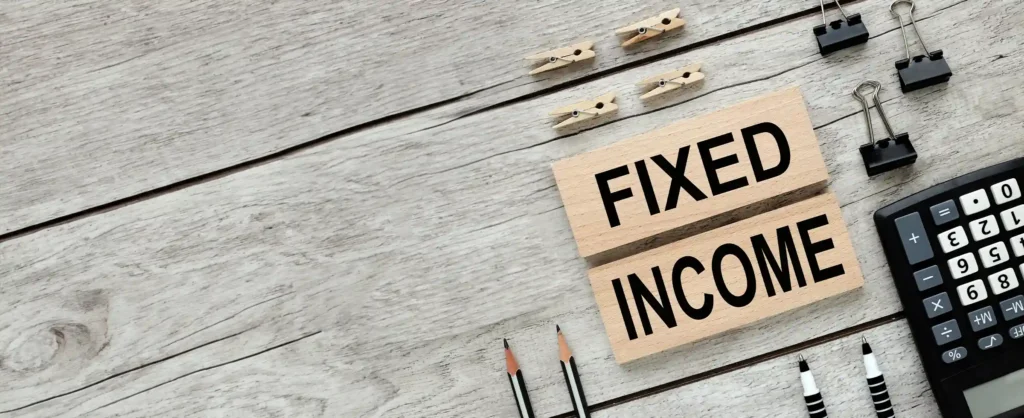We may be familiar with the dreaded concept of corporate downsizing, but there is a much less worrying type of downsizing that is becoming increasingly popular among homeowners and renters. Downsizing your home has previously been the realm of retirees and empty nesters hoping to cut back on unnecessary spending and find housing more appropriate for their new normal, but recent data from 2022 shows downsizing rose by 41%, suggesting that it may be developing a much wider cultural appeal.
Nobody likes the idea of having less than they might be used to, but downsizing can bring a wealth of benefits that make trading space for function a no-brainer. What is it that makes downsizing such an attractive option for certain house hunters? And how can property investors use this trend to invest in homes that cost less while appealing to a growing niche within the market?
Here are a few reasons why modern homebuyers and even renters are giving tinier homes their time in the sun.
1. Cheaper Bills
The cost of living crisis has seen the price of gas, electricity and even food rise dramatically throughout 2023, with an estimated 3.49m households living in inadequate conditions according to a report from Trust for London. Furthermore, statistics from property company Zoopla have shown that rents took up the highest proportion of earnings in a decade at 28% in June this year, representing the 21st month in a row that rent has grown faster than average earnings.
For some, scaling back on monthly expenditure is an absolute necessity and a primary motivator behind their decisions to move out of their homes and downsize. For instance, a survey by property company Savills showed that 61% of those who planned to downsize were motivated by energy efficiency. A similar report showed that as many as 38% of those looking to downsize this year have done so to reduce the cost of running their home, with 17% stating that the cost of living impact on homeownership pushed them to consider downsizing.
2. Releasing Equity
Lowering bills is one measure people are taking to deal with the economic downturn, but, for recent retirees especially, buying and selling a larger house to downsize to a smaller one can be an easy way to release equity at a period when being asset-rich and cash-poor is commonplace. And, with the mortgage crisis putting many in a position where they have a choice between making repayments at inflated interest rates and selling their property altogether, it stands to reason that an increasing number of asset-rich homeowners will take the opportunity offered by downsizing to achieve some much-needed liquidity that could be used to pay off the remainder of their mortgage if nothing else. Even with the rate of inflation falling due to the Bank of England’s intervention, experts warn that the situation could get worse before it gets better for the average household, suggesting that the number of homeowners washing their hands of their existing properties could increase.
According to an English Housing Survey released by Savills, there are approximately 3.643 million homes owned by those over 65 with at least two spare bedrooms. Analysis suggests that moving to a smaller home that better suits the needs of these homeowners could unlock an average of £129,000 per household for a total of £469bn in liquidity across the entirety of England. Given these figures, the appeal of downsizing for those in need of a significant financial boost is clear.
3. Younger Buyers, Simpler Living
The incentives for downsizing are not all financial. For many, younger buyers especially, downsizing is becoming more attractive due in part to a desire to avoid or clear the final years of their mortgage payments. This trend is not only reflected by the fact that a historic 71% of downsizers paid for their new homes in cash this year according to Hamptons, but also in young people across the UK being four times more likely to downsize their homes than over 55s.
Further research by Savills has shown that 80% of downsizers are actively choosing new homes over historic ones, which suggests both a more modern mindset concerning housing and a greater concern for factors such as long-term sustainability and energy efficiency. 24% of regional home sales by the company in the first half of 2023 were first-time buyers adapting to the financial conditions imposed by the economic downturn by compromising on property or location. These first-time buyers were less likely to compromise on specifications than on size, with 41% admitting to a significant compromise on the size of their homes, much higher than any other buyer type.
For young buyers, downsizing seems to be gaining a foothold due to an emphasis on the features and assets smaller new builds offer compared to larger traditional houses that may not be as contemporary.
Smaller Homes, Bigger Rewards with Concept Capital Group
The classic ‘bigger is better’ mindset may work for some, but, with the growing interest in downsizing and a willingness by modern renters and homeowners to accept smaller homes with better amenities, Concept Capital Group offers a unique opportunity for property investors to secure contemporary buy-to-let property that delivers value to both their portfolio and their tenants for the low price of £42,999.
Our modular homes are built to the British Standards Institution’s BS3632 specifications for year-round residential living, meaning they provide all the bare necessities and creature comforts of a traditional brick-and-mortar home while meeting the most up-to-date requirements for energy efficiency, heat retention and more. This makes them ideally suited to tenants who have been displaced, pushed out or otherwise impacted by the state of the housing market, providing them with a stable and secure home that remains affordable while netting a healthy 10% net return on investment for its owner.
Interested in seeing what modular homes can do for your property investment journey? You can book a call with our team today.













